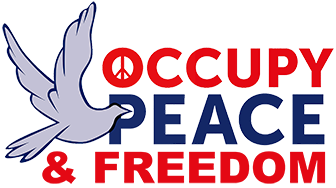June 15, 2021

JOHN QUIGLEY,
Professor emeritus of international law at Ohio State University, Quigley’s books include The Ruses for War: American Interventionism Since World War II.
NATO Secretary General Jens Stoltenberg recently told the Atlantic Council (which is funded by various NATO governments): “We have decided that a cyber attack can trigger Article 5. … It doesn’t matter if an attack is kinetic or cyber, we will assess as allies when it meets the threshold. … and it sends a message that we are cyber allies.”
Quigley said today: “There are obviously concerns about cyber attacks, they can be very damaging, for example the cyber attacks against Iran by the U.S. and Israel.
“But Article 5 of the NATO Treaty references Article 51 of the UN Charter which provides for collective self defence in the event of ‘armed attack.’
“And the notion of ‘self defense’ is a very slippery slope and has been misused as an illegal threat or for outright war.
“So the notion of the NATO Secretary General Jens Stoltenberg and the Biden administration seeking to expand NATO’s capacity is very dangerous and could be used to try to undermine the democratic processes within each country regarding war-making decision making.
“NATO was set up to counter the Soviet Union from supposedly invading Western Europe. So, there’s really no legitimate reason for NATO to exist as an organization. Instead, it has expanded. The last time Article 5 was used was for the invasion of Afghanistan and look where that has gotten us. And that presumably didn’t have to do with Russia.
“The notion of expanding NATO further to Ukraine is seen as a threat by Russia and such movement exacerbates tension and in turn makes Russia do things that NATO members don’t seem to like.” AP recently reported: “As Russia tensions simmer, NATO conducts massive war games.”
Quigley recently wrote the pieces “UN Gaza Commission Will Collect Evidence of Crimes” and “The Palestinian Right of Return Could Go to the ICC.” His past books also include The International Diplomacy of Israel’s Founders: Deception at the United Nations in the Quest for Palestine, Cambridge University Press, 2016.

Recent Comments